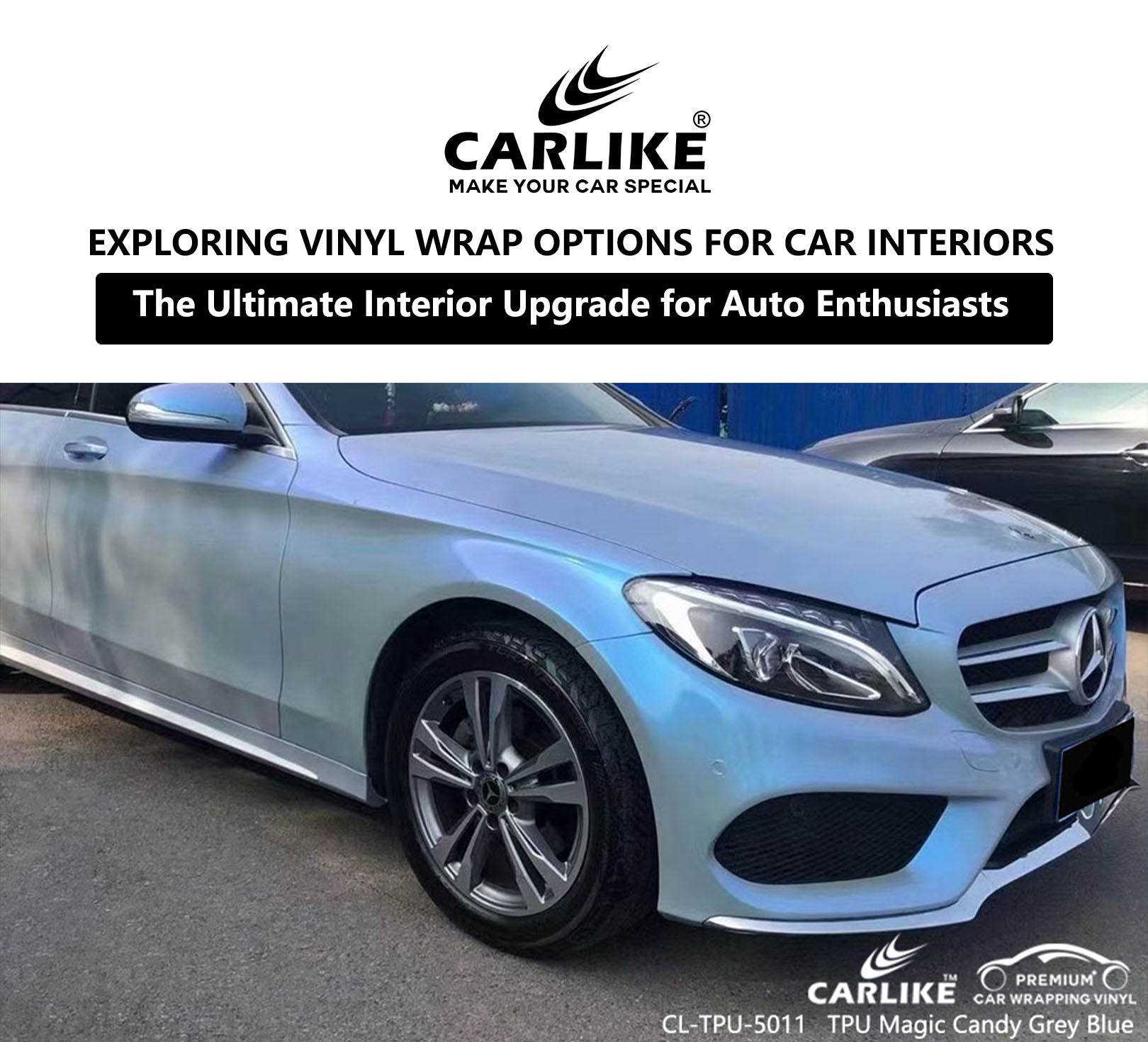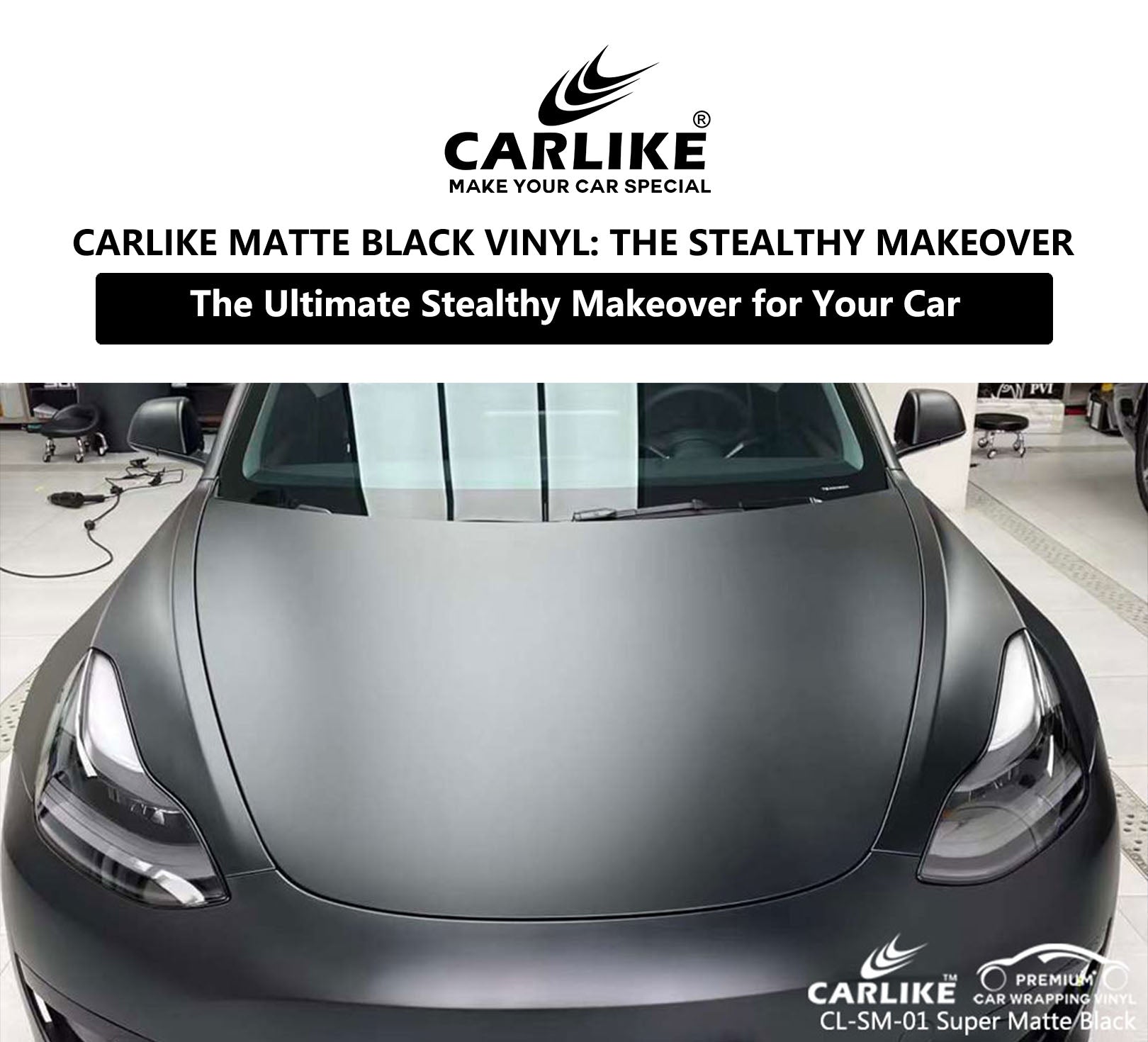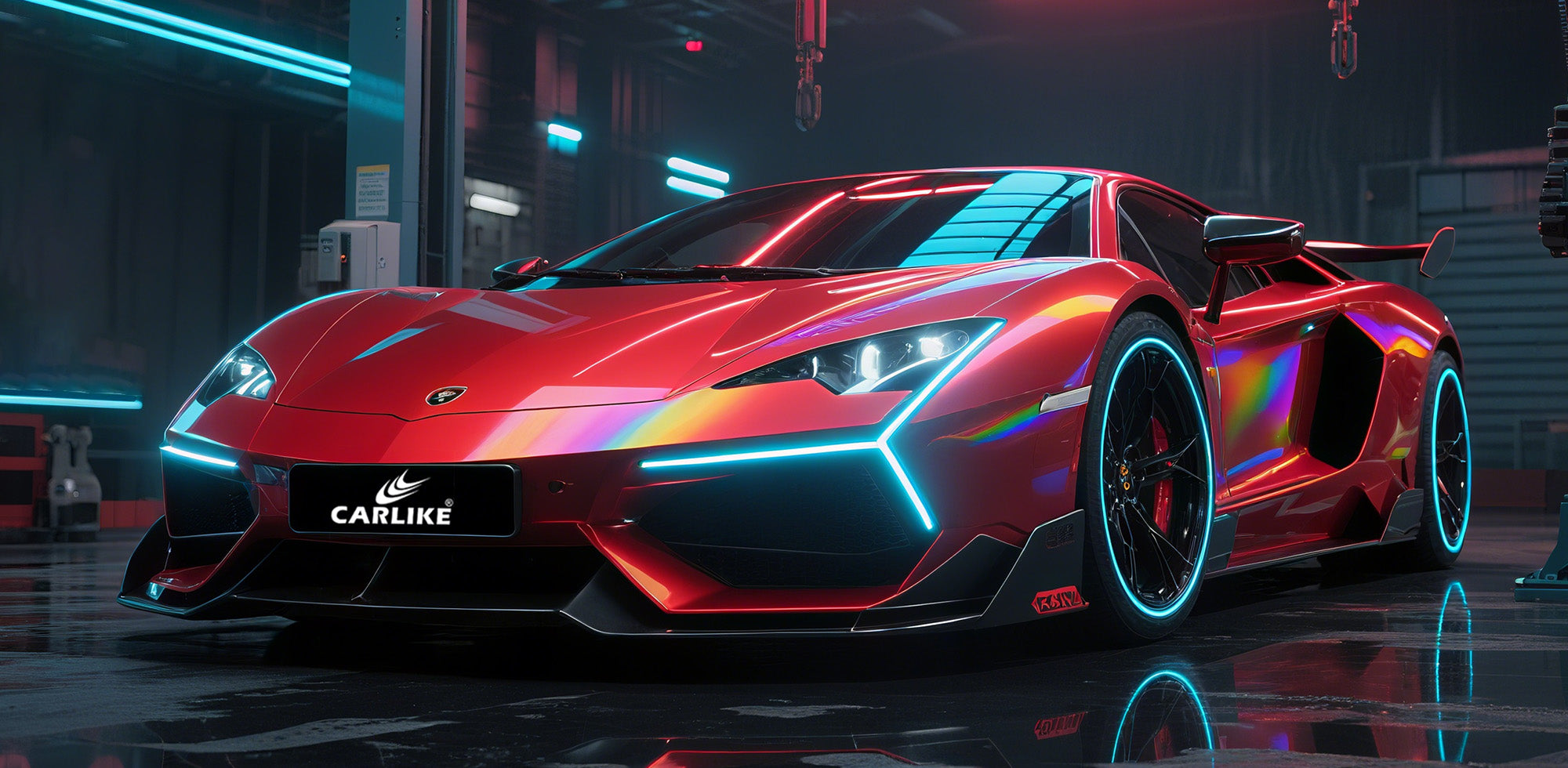Vinyl Wrap vs. Paint Job: Which is More Cost-Effective?
Comparing vinyl wrapping to a traditional paint job in terms of cost-effectiveness involves several factors to consider:
1. Initial Cost: In general, vinyl wrapping is often more cost-effective than a high-quality paint job. The cost of materials and labor for vinyl wrapping is typically lower.
2. Labor: Labor costs for a vinyl wrap are generally lower than those for a paint job. However, it's important to note that complex vinyl wrap designs or installations can increase labor costs.
3. Customization: Vinyl wraps offer a wide range of customization options, including various colors, textures, and finishes. Achieving similar customization with paint can be more expensive.
4. Repair and Maintenance: Vinyl wraps are relatively easy and cost-effective to repair or replace if they get damaged. Paint, on the other hand, can be more challenging and expensive to repair.
5. Resale Value: A high-quality paint job can add value to a vehicle and potentially increase its resale value. However, a well-maintained vinyl wrap can also preserve a car's resale value, especially if it protects the original paint underneath.
6. Durability: While vinyl wraps are durable, they may not last as long as a high-quality paint job. Paint can last for many years with proper care, while vinyl wraps may need replacement after several years.
7. Time: Vinyl wrapping is generally quicker than a full paint job. This can reduce labor costs and minimize the time your vehicle is out of commission.
In summary, vinyl wrapping is often more cost-effective for those looking for customization options and a refreshed appearance without the high price tag of a custom paint job. However, it's important to weigh the specific factors mentioned above and your individual preferences when deciding between the two. For some car owners, a combination of both methods, such as a partial vinyl wrap for customization and a professional paint job for the rest of the vehicle, may be the best cost-effective solution.






Types of Vinyl Wrap Materials and Their Price Differences
1. Calendered Vinyl: Budget-Friendly Option
- Calendered vinyl is a cost-effective option often used for short-term applications. It's thicker and less flexible than other types of vinyl, making it suitable for flat or gently curved surfaces. Prices vary, but it's generally one of the most affordable options.
2. Cast Vinyl: Premium Quality
- Cast vinyl is a high-quality material known for its durability and flexibility. It conforms well to complex curves and is suitable for long-term applications. Cast vinyl tends to be more expensive than calendered vinyl due to its superior performance characteristics.
3. Color Change Vinyl Wraps: Price Depends on Brand
- Color change vinyl wraps are designed to transform the color of your vehicle. Prices can vary significantly based on the brand, quality, and finish (matte, gloss, satin, etc.) of the vinyl. Premium brands often come at a higher price point, but they may offer better color retention and longevity.
4. Printable Vinyl: Customization Adds to Costs
- Printable vinyl allows for custom graphics, designs, and branding. The cost of this type of vinyl wrap depends on factors such as the complexity of the design, the size of the vehicle, and the quality of the printing. Intricate and large-scale graphics will generally be more expensive.
5. Specialty Vinyl Finishes: Premium Options
- Specialty vinyl finishes like chrome, carbon fiber, brushed metal, and holographic effects are typically more expensive than standard matte or gloss finishes. These premium finishes can add a unique look to your vehicle but come at a higher cost.
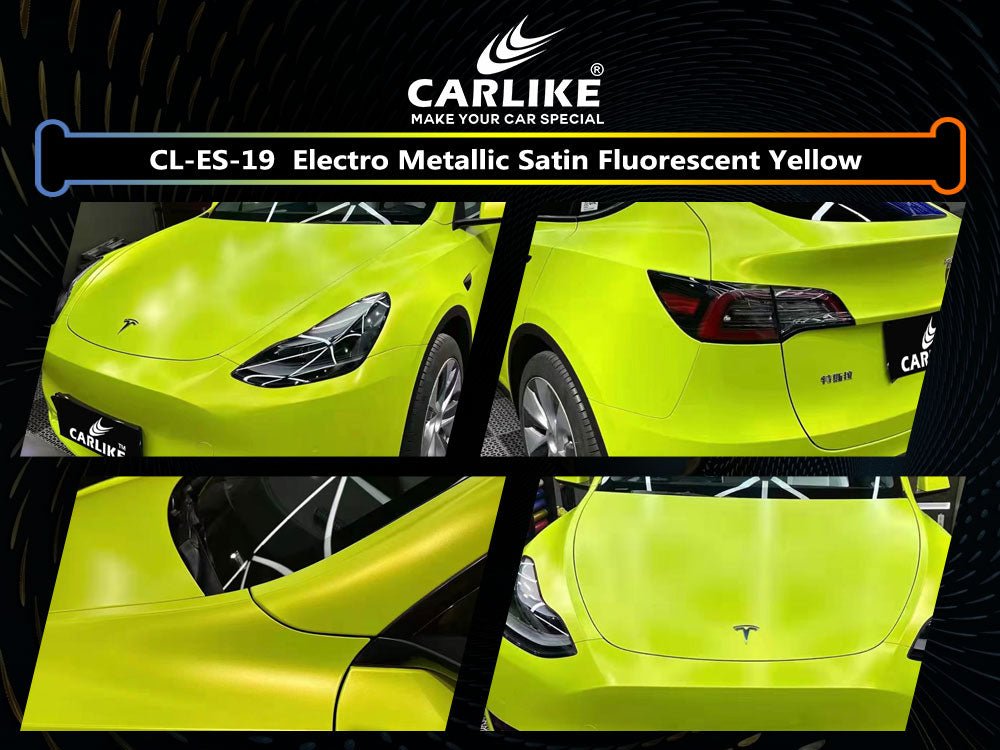
6. Thickness and Quality Grades: Impact on Price
- Vinyl wraps come in different thickness grades, with thicker options offering better protection and durability. Higher-grade vinyl is often more expensive due to its enhanced performance and longevity.
7. Adhesive Quality: Affects Installation Cost
- The adhesive used in the vinyl wrap can impact installation costs. Some vinyls have air-release technology, which makes the installation process easier and may reduce labor costs.
8. Brand Reputation: Premium Brands vs. Budget Brands
- Well-known and reputable vinyl wrap brands often charge a premium for their products due to their quality and reliability. Budget or lesser-known brands may offer lower prices but may not provide the same level of durability or color retention.
9. Warranty and Longevity: Consider Future Costs
- When evaluating vinyl wrap materials, consider the manufacturer's warranty and estimated longevity. While premium vinyl may be more expensive upfront, it could save you money in the long run by requiring fewer replacements.
10. Custom vs. Pre-Made Kits: Price Differences
- Custom vinyl wrap jobs tailored to your specific vehicle can be more expensive than pre-made kits designed for standard car models. Customization often involves more precise fitting and cutting, which can increase labor costs.
Remember that the final cost of a vinyl wrap also includes installation labor charges, which can vary depending on the complexity of the project and the expertise of the installer. When choosing a vinyl wrap material, it's essential to consider your budget, intended use, and desired appearance to make an informed decision.
The Impact of Car Size on Vinyl Wrap Costs
1. Material Usage: Larger cars require more vinyl material to completely cover the surface. Therefore, the cost of the vinyl itself will be higher for larger vehicles.
2. Labor Time: Wrapping a larger car takes more time and effort from a professional installer. They need to carefully apply the vinyl to ensure it adheres properly and looks seamless.
3. Complexity: Larger vehicles often have more complex shapes and contours, such as trucks, SUVs, or vans.
4. Waste and Overages: To account for the size and shape of the car, installers may need to cut and trim the vinyl material to fit correctly.
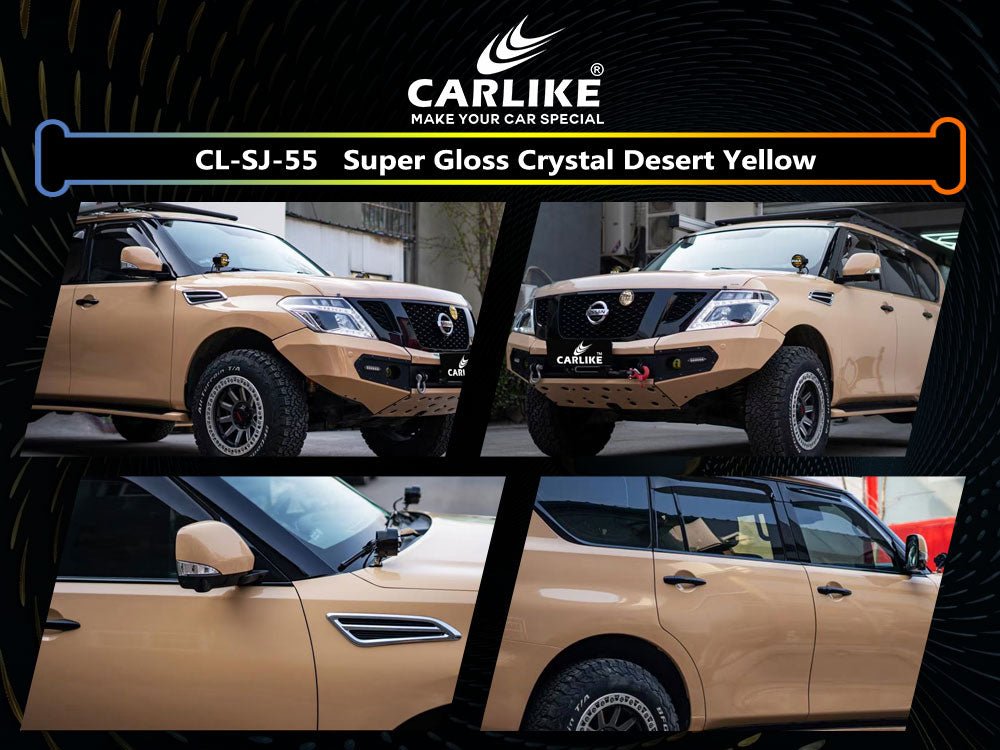
(Learn more about CAR WRAP VINYL SIZE CALCULATOR GUIDE)
5. Detailing and Finishing: Larger cars may have more intricate detailing and trim that requires extra attention during the vinyl wrapping process.
6. Customization: Larger vehicles often offer more space for customization, such as graphics, logos, or intricate designs.
7. Removal Costs: When it's time to remove the vinyl wrap, larger vehicles may incur higher removal costs due to the larger surface area and potential difficulty in removing the adhesive residue.
8. Quality and Durability: Owners of larger vehicles may opt for higher-quality vinyl materials to ensure long-lasting durability. Premium materials can be more expensive, increasing the overall cost of the vinyl wrap.
When considering a vinyl wrap for your car, it's essential to factor in these size-related costs to get an accurate estimate of the total investment required.
Budgeting for a Vinyl Wrap: Tips to Save Money
1. Set a Clear Budget
- Start by determining how much you're willing to spend on the vinyl wrap. Having a clear budget in mind will help you make informed decisions throughout the process.
2. Choose the Right Vinyl Material
- Vinyl wrap materials come in various types and qualities. While premium materials may cost more, they often offer better durability and a longer lifespan. Consider your budget and needs when selecting the material.
3. Research and Compare Prices
- Reach out to multiple vinyl wrap shops or professionals to get quotes for your project. Don't settle for the first quote you receive; compare prices and services to find the best deal.
4. Prioritize Design Simplicity
- Elaborate and complex designs can increase the cost of the vinyl wrap due to the extra time and materials required. Opt for a simpler design if you're looking to save money.
5. Consider a Partial Wrap
- Instead of wrapping the entire vehicle, you can opt for a partial wrap, focusing on specific areas or features. This can significantly reduce costs while still achieving a unique look.
6. DIY vs. Professional Installation
- While a professional installation ensures high-quality results, you can save money by attempting a DIY vinyl wrap. Keep in mind that DIY projects may require additional tools and learning curves.
7. Proper Surface Preparation
- Ensure your vehicle's surface is clean and in good condition before applying the vinyl wrap. Proper preparation can prevent the need for costly repairs and rewraps.
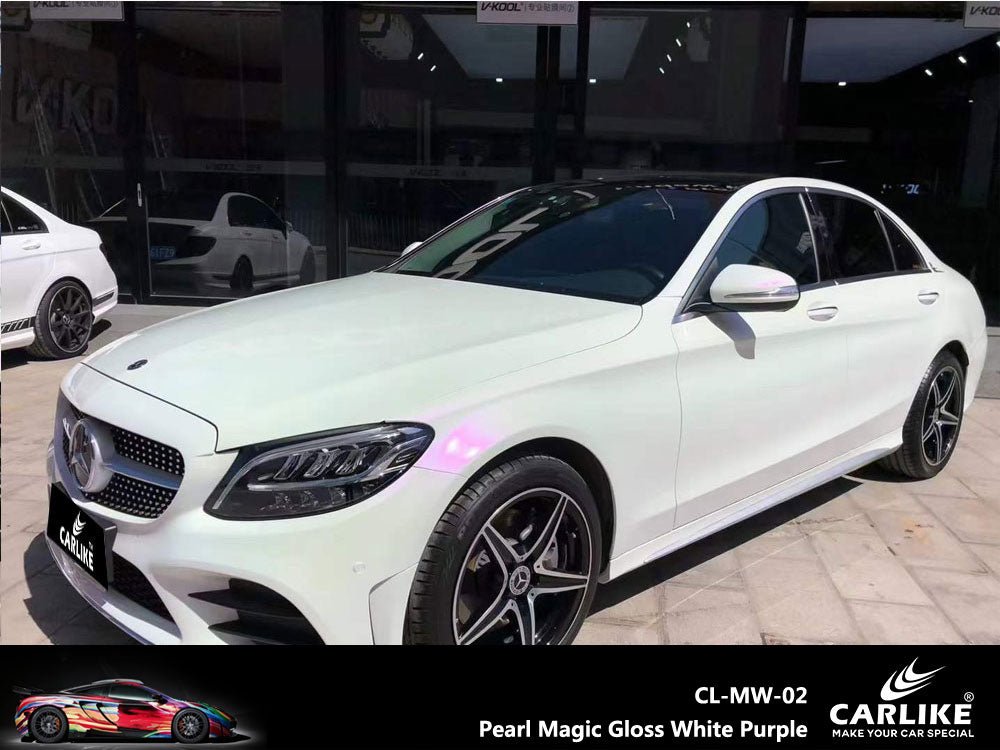
8. Bundle Services
- If you're planning other car-related services like detailing, window tinting, or paint protection, consider bundling these with your vinyl wrap project to negotiate a better deal.
9. Opt for Standard Colors
- Choosing standard vinyl wrap colors (e.g., black, white, silver) can be more cost-effective than custom colors or patterns.
10. Maintain Your Wrap
- Regularly clean and maintain your vinyl-wrapped car to prolong its lifespan. Neglecting maintenance can lead to premature wear and tear, necessitating costly replacements.
11. Ask About Warranty and Guarantees
- Inquire about warranties and guarantees from the vinyl wrap installer. This can save you money in case of issues or defects with the wrap.
12. Plan for Future Modifications
- If you're considering additional modifications (e.g., new rims, spoilers) in the future, plan for them now to avoid extra costs of rewrapping those areas later.
13. Avoid Rush Jobs
- Giving the installer ample time to work on your vinyl wrap can reduce labor costs associated with rushed projects.
14. Get Recommendations
- Seek recommendations from friends or online communities to find reputable and reasonably priced vinyl wrap professionals.
15. Be Cautious with Hidden Costs
- Read contracts and quotes carefully to identify any hidden costs, such as removal fees or extra charges for intricate designs.
By following these budgeting tips and cost-saving tricks, you can make your vinyl wrap project more affordable while still achieving the desired results for your vehicle. Remember that a well-planned budget ensures a successful and cost-effective vinyl wrap experience.
FAQ for cost of vinyl wrap car?
Q: How much does it cost to vinyl wrap a car?
A: The cost of vinyl wrapping a car can vary widely depending on factors like the size of the vehicle, the quality of the vinyl material, the complexity of the design, and the location of the service provider. On average, it can range from $1,000 to $5,000 or more.
Q: Is vinyl wrapping cheaper than a paint job?
A: In many cases, yes. Vinyl wrapping is often more cost-effective than a traditional paint job because it requires less labor and can be completed more quickly. However, the final cost depends on your specific requirements and budget.
Q: What factors affect the cost of a vinyl wrap?
A: Several factors influence the cost of a vinyl wrap, including the size and type of the vehicle, the quality of vinyl material chosen, the complexity of the design, and the expertise of the installer. Additional factors may include customization, surface preparation, and location.
Q: Can I save money by doing a DIY vinyl wrap?
A: Yes, you can save money by attempting a DIY vinyl wrap, but it's important to consider your skill level and the potential cost of mistakes. DIY wraps may require additional tools and learning curves, and professional results are often preferred for a flawless finish.
Q: Are there ongoing maintenance costs for a vinyl-wrapped car?
A: Yes, there are maintenance costs associated with vinyl-wrapped cars. Regular cleaning and care are necessary to extend the lifespan of the wrap and prevent damage. This includes using recommended cleaning products and avoiding harsh chemicals.
Final Words
In conclusion, changing your car's color with vinyl is an exciting and customizable option, allowing you to give your vehicle a fresh look without the hefty price tag of a traditional repaint. While the real cost of a vinyl color change varies based on factors like the size of your vehicle, design complexity, material quality, and installation method, it's essential to budget carefully, obtain quotes, and choose the right professionals for the job. Remember that the investment not only transforms your car's appearance but can also protect its original paint and provide a unique identity on the road. By understanding the factors that influence the cost and making informed choices, you can enjoy a vibrant and eye-catching vehicle while keeping your budget in check.






